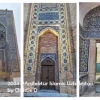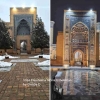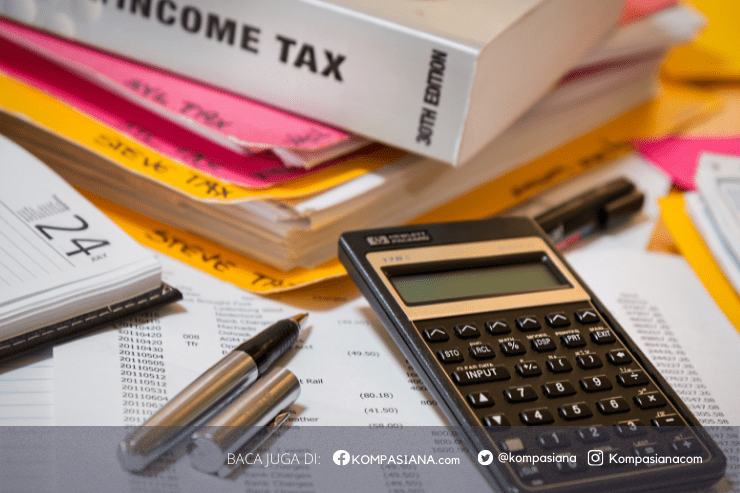Islamic economics studies about the limited human needs with enough recources. But there is unlimited desire inside us. Although there is an unlimited desire inside us legal ethics must also be applied. Ethics in legal considerations generally concerns the basic principles of ethics derived from the Qur'an, hadith, and jurisprudence (Maksum, 2015).
Islamic economics is a study of modern science that emerged in the 1970s, but the real beginning of Islamic thought has emerged since Islam was revealed through the Prophet Muhammad SAW (Santosa n.d). This thought has evolved through the development of Islamic law, the Sharia.
The law incorporates the rules of life for Muslims economically, socially and religiously (El-Ashker and Rodney, 2006). This essay will explain the importance of Islamic economics, its problems, and the product of Islamic Economics, that is sharia bank.
In terms of religion, Islamic economics embodies kaffah, namely that we can embrace the full religion of Islam and we also can mediate about usury wich is actually applied in conventional economics. Its purpose is to help people achieve victory in the world and the hereafter.
The function of the importance of Islamic economics are the potential of Islam as a basis concept of financial science and to complete the conventional economics that have weakness in the science of finance. There is some differences theory that can lead to sin if we follow the conventional economics. Even the most basic thing that can make us sin is about the satisfaction that is settled in every human.
The problem of Islamic economics are relative scarcity and it's devided into three types. Scarcity in a country is caused by natural resources, human resources, and technology which are not evenly distributed in each region. For example is Indonesia, even in a country with rich natural resources there are still scattered economic problems such as poverty and so on. It is due to the lack of technologically advanced experts who are able to utilize resources well without over-exploiting natural resources.And the next one is the problem of Islamic economics namely consumption, production, and distribution. The first is consumption, the process of depleting the value of a good or service consumption. It talks about what is needed to realize the maslahah, namely the needs of both material and spiritual. Second is production, a kind of operation or process, which can help to bring to a condition, place or time for what they want (Shackle, 2010).Production from an Islamic point of view is an activity or work related to the taking of the benefits of all the particles in the universe, in order to meet the needs in particular and the needs of the people in general. It discusses how commodities are produced so that maslahah can be produced.The third is an effort to facilitate the flow of goods or services from producers to consumers. One important factor that should not be ignored is to choose the appropriate distribution channel (channel of distribution) that will be used in the business of distributing goods or services from producers to consumer and how commodities are distributed to achive maslahah. All of these aims to reach the falah which had previously been based on blessing and maslahah.
Islamic economics has the product, which is islamic bank. Islamic banks are different from conventional banks because islamic banks use the principles and rules that exist in Islam in practice. Then, not a few people who have a conventional Islamic change from conventional banks to islamic banks. They avoid the things that can pollute their property, such as usury on their property that they save, borrow, or deposit.
Islamic banks do not change all orders and rules that exist in other banks. Islamic banks only change some things that are considered deviate from the teachings of Islamic religion. That's why sharia banks are the only banks that can survive when the monetary crisis occurred.
There is no interest in the practice, there is only profit sharing. the bank does not take the property held by the customer, but the bank gets the wage in the form of equally distributed share for the customer.
In terms of economics, Islamic economics can not be underestimated, because there is much evidence that Islamic economics can prosper the human self in terms of the world and the hereafter. Especially for Muslims, Islamic economy is a grip that can guide us in the welfare. Economy is very important in a country. Therefore, Islamic economics refines and justifies the important rules in the case of importance to a country as well.
References
El-Ashker, Ahmed., and Rodney Wilson. 2006. Islamic Economics. Leiden: Brill 3: 31-477.







